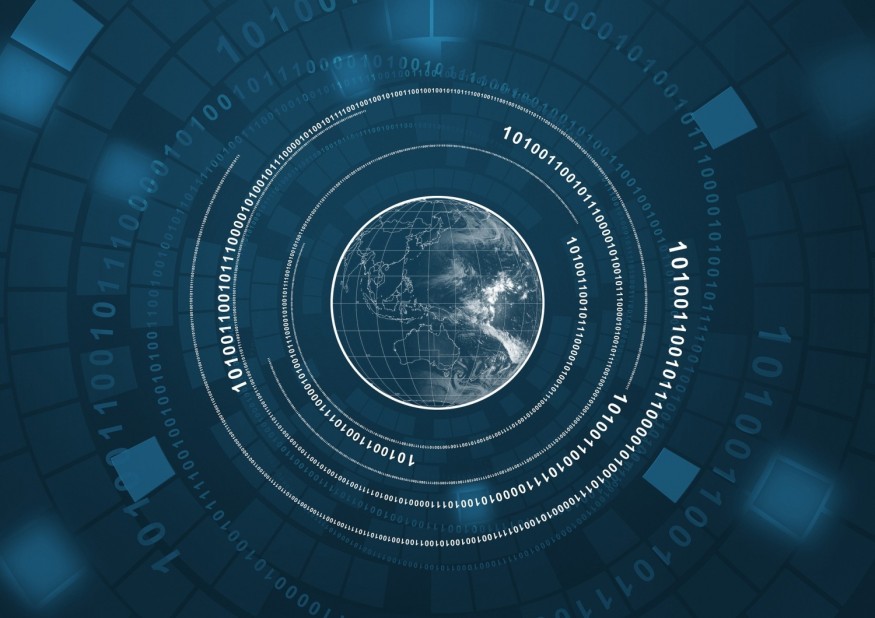
Our planet's climate is changing, and so getting to grips with meteorological data is crucial both for long term planning as well as for mounting real time responses to emerging crises.
Here's an overview of the benefits that integrated weather data is bringing to the table, particularly for countries in the developing nations of the global south, which are often hardest-hit by extreme events.
Forecasting Famine: How Weather Data Is Helping Farmers in Ethiopia
In Ethiopia, farmers are now able to access accurate forecasts, helping them to plan ahead for drought and other previously unpredictable weather events.
This means that agricultural decisions, such as what crops to plant and when to plant them, can be made with more confidence. In turn, this boosts farmers' yields, and reduces food shortages.
Integrated weather data also empowers governments in Ethiopia and elsewhere, so that they can create better policies for tackling famine crises before they happen. By understanding the impact of climate change on agriculture, local authorities can plan long-term strategies to mitigate its effects on food production. This knowledge also leads to more educated decision-making when it comes to investing in disaster relief efforts.
Guarding Against Disease: The Impact of Accurate Temperature Readings in Brazil
Over in South America, integrated weather data is helping to protect Brazilian citizens from the spread of disease.
By providing accurate readings on temperature and humidity, health officials can predict when conditions are ripe for the proliferation of mosquitoes-which are known vectors for deadly illnesses like dengue fever.
This information allows decision-makers to deploy resources more effectively, preventing outbreaks before they become widespread. Most importantly, the use of meteorological APIs means that it's easy to integrate weather data for free, so that the cost of gaining these life-saving insights is negligible.
In addition, public health professionals now understand how climate change affects areas where diseases thrive, and can work out what preventative measures need to be taken in order to protect people from deadly infections brought on by weather events.
Battling the Elements: Tracking Hurricanes with Smartphones in Mexico
Not far from Brazil, the people of Mexico are leveraging integrated weather data to prepare for and respond to hurricanes. By tracking storm information on their smartphones from moment to moment, citizens are able to make choices about evacuation plans that could save lives.
This technology also allows local governments to coordinate response efforts more quickly and accurately than ever before-so that they can be prepared ahead of time for disasters like floods or landslides, rather than only jumping into action after catastrophes take place.
Weatherproofing the Future: Using Weather Data to Help Mitigate Climate Change in Kenya
Africa is especially vulnerable to the impact of climate change, and in Kenya the role of meteorological analysis is proving particularly potent.
For instance, this data has been used to create robust early warning systems that allow communities living near rivers or low-lying areas time to prepare for potential floods before they happen-giving them the power to take preventive measures well in advance.
The bottom line
As mentioned, with free and affordable APIs unlocking access to weather data gathered locally and globally, the entire international community is in a stronger position to not only track and respond to extreme events and broader climate trends, but also do more to reduce our impact on the world's delicate meteorological balance.
There's a responsibility for wealthier nations to also help out the more impoverished and adversely affected areas of the planet, and weather data is just one example of how this is being achieved.
© 2025 NatureWorldNews.com All rights reserved. Do not reproduce without permission.





